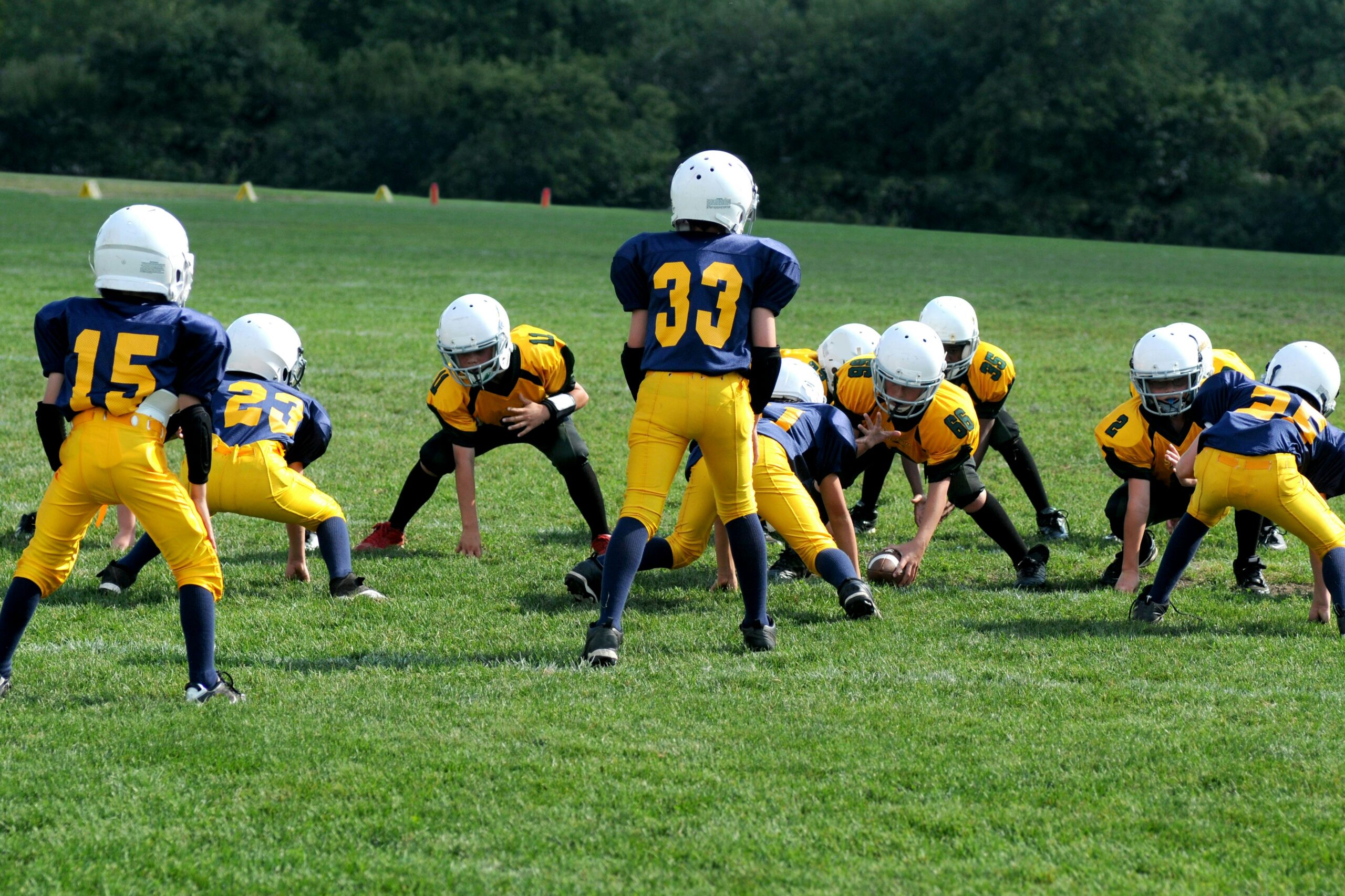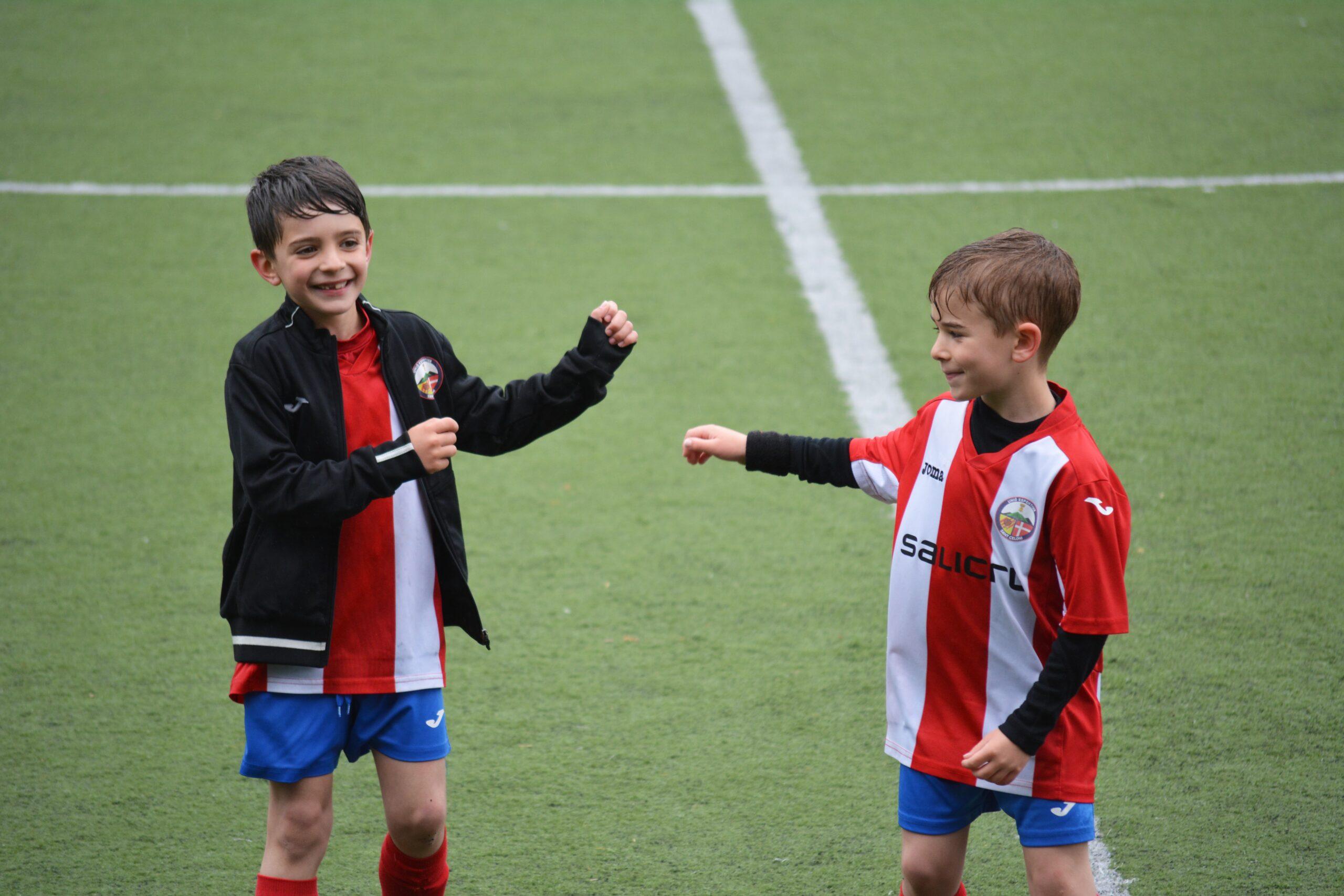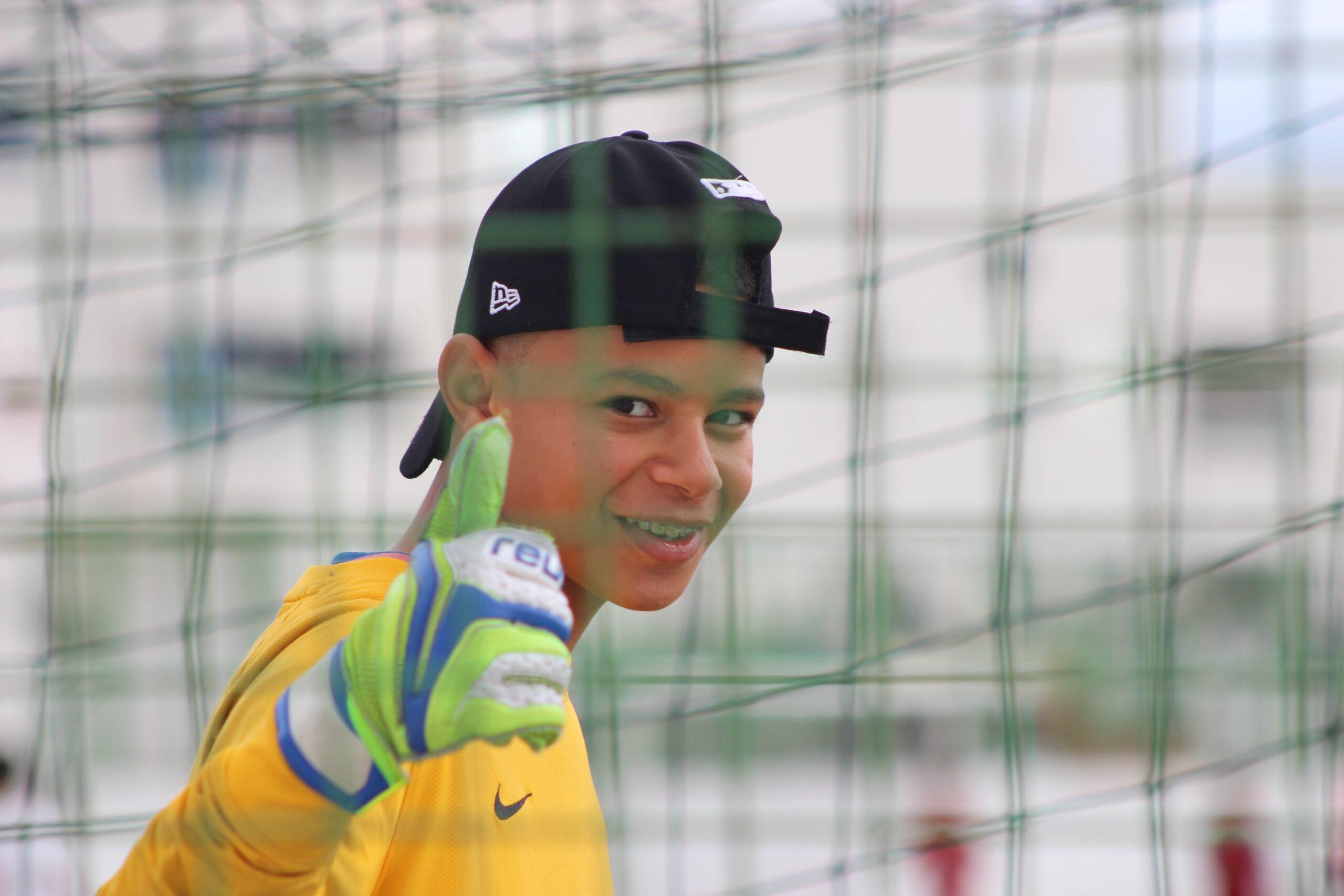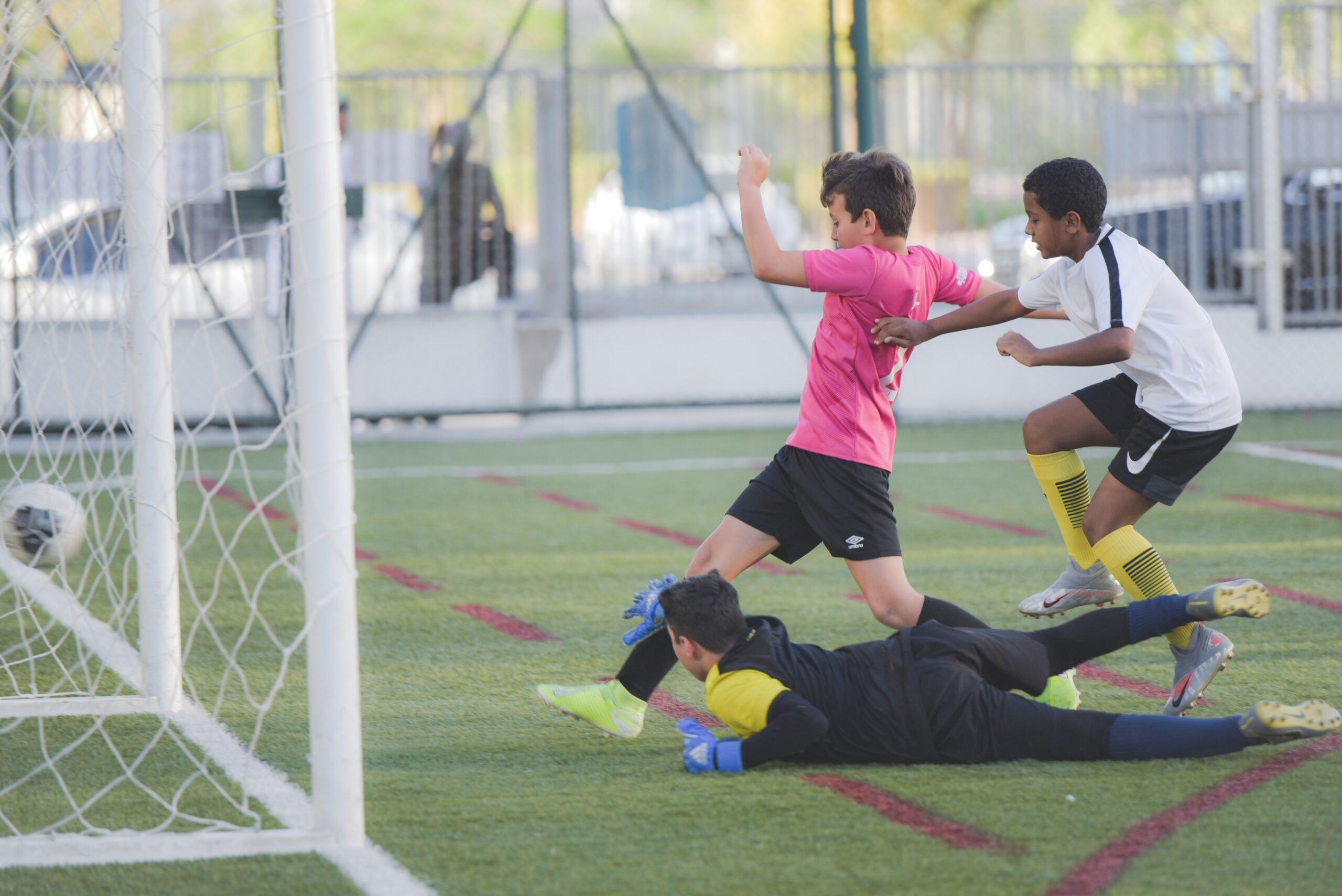On every youth baseball field in America, a fourth-grade infielder lets a routine ground ball go through his legs into the outfield, causing an error. In response, an adult — coach or over-involved parent — yells at the child. The depth of fury in the scream suggests the boy did it on purpose, but we all know he did not. It was a simple mistake, which happens often in baseball.
So, why the uproar? Screaming has become the norm in youth sports. Why do we think it is acceptable to yell at children who have no power to answer back and are simply playing a game that is supposed to be fun? What does that say about the parents and instructors? What is it teaching our children?
Examining this behavior poses hard questions for the screamers and the rest of us who enable them with our silence. Let’s take a look at what is really going on in such a scenario.
- It’s likely the boy feels bad already about making a mistake in front of his teammates, opposing players, umpires, and grownups on both sides. Adding to the embarrassment and hurt pride with a loud display makes the situation worse.
- Publicly demeaning the player isn’t going to enable him to make the play next time.
- Screaming may make an adult feel better, but isn’t the child’s mood most important?
- Odds are, the kids engaged in youth sports are just enjoying themselves and not going to become professional athletes. Likewise, their parents aren’t going to become professional coaches. So, if there’s a missed play or mistake in a childhood game meant to be fun, what’s the big deal?
The next time you encounter a public shaming in youth sports, consider that the following factors involved in this behavior:
- The screamer has lost his perspective on youth sports and their purpose.
- A parent may have boundary issues, which are expressed through being too invested in his child’s performance. These actions don’t actually reflect on the parent.
- A coach with boundary issues may be too invested in his team’s performance because he thinks it means something about him. It does not. It’s the coach’s job to offer quality coaching regardless of the team’s results.
- The person yelling does not have a powerful way to relate to failure and is focusing on his own feelings rather than those of the child.
People who can’t control their volume and discouraging words at youth sports events should explore three main points:
Get some perspective and mend boundaries.
If a kid hits a home run, it’s his home run. If he flubs a grounder, he flubbed it. If he gets a scholarship, it’s his scholarship. None of these accomplishments or failures belong to the parent or coach.
Learn from what happened and improve if possible.
Emotional reactions to failure are a distraction. The child still has to make the next play. After a foul play, the pitcher grabs the ball, gets the sign, and hurls the next pitch regardless of anyone else’s emotions. If a person is hooked by emotions, he cannot fully coach during the subsequent play; if the players adopt this same attitude of fixation, they cannot fully execute on the next play, either.
Craft a broader, more effective understanding of youth sports, as well as life itself.
Sports offer a wonderful opportunity for children to learn how to set goals and work constructively toward their accomplishments. They discover how to deal with frustration and failure. Sports can teach grace under pressure, social skills, and how to contribute to a team. Making a mistake in public, modulating an emotional response to it, learning from it, and refocusing on the goal is a recipe for success on and off the field. The positive lessons learned from youth sports stay with children in the classroom and in their adult careers.
Sports are supposed to be fun. That’s why children play them. With a little reflection and awareness, it’s possible for adults to have fun with youth sports, too.




